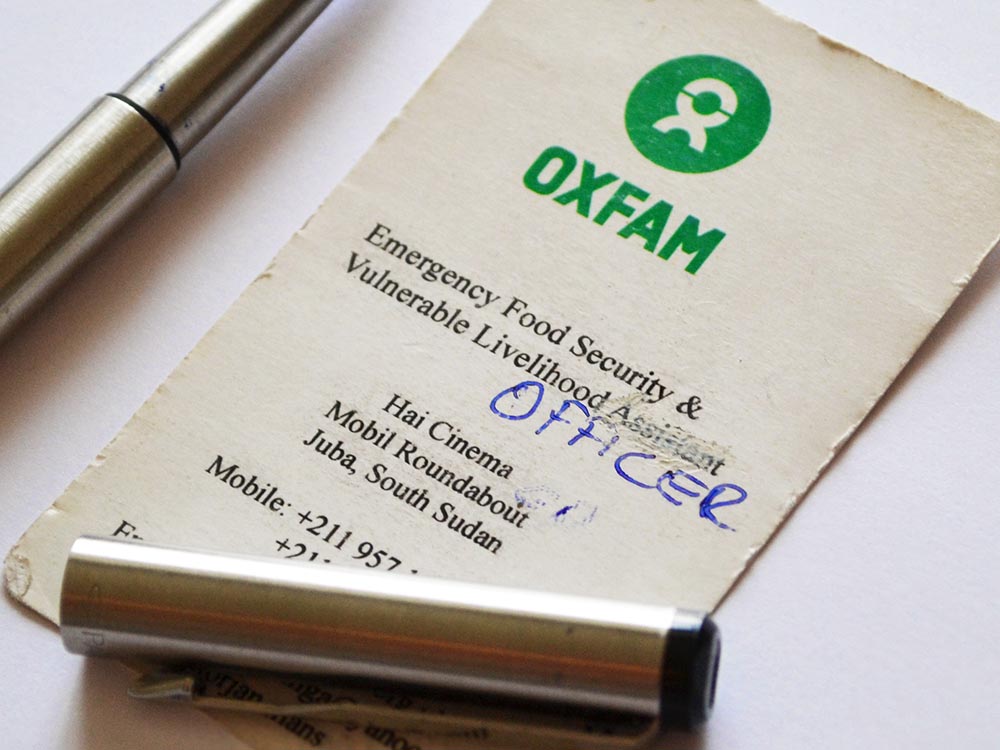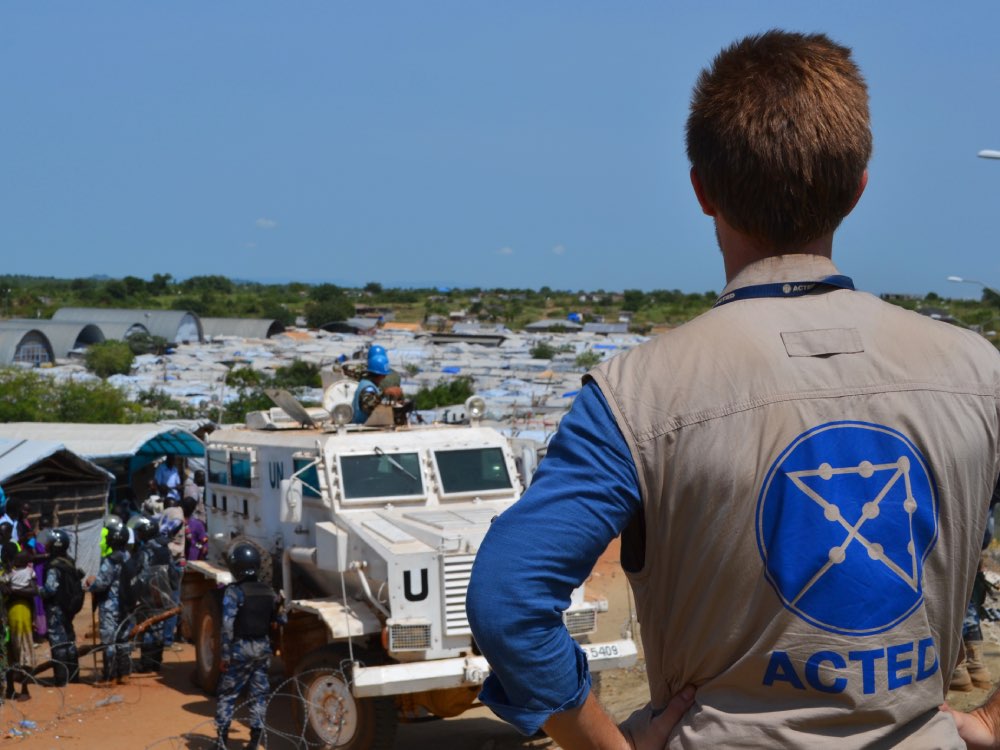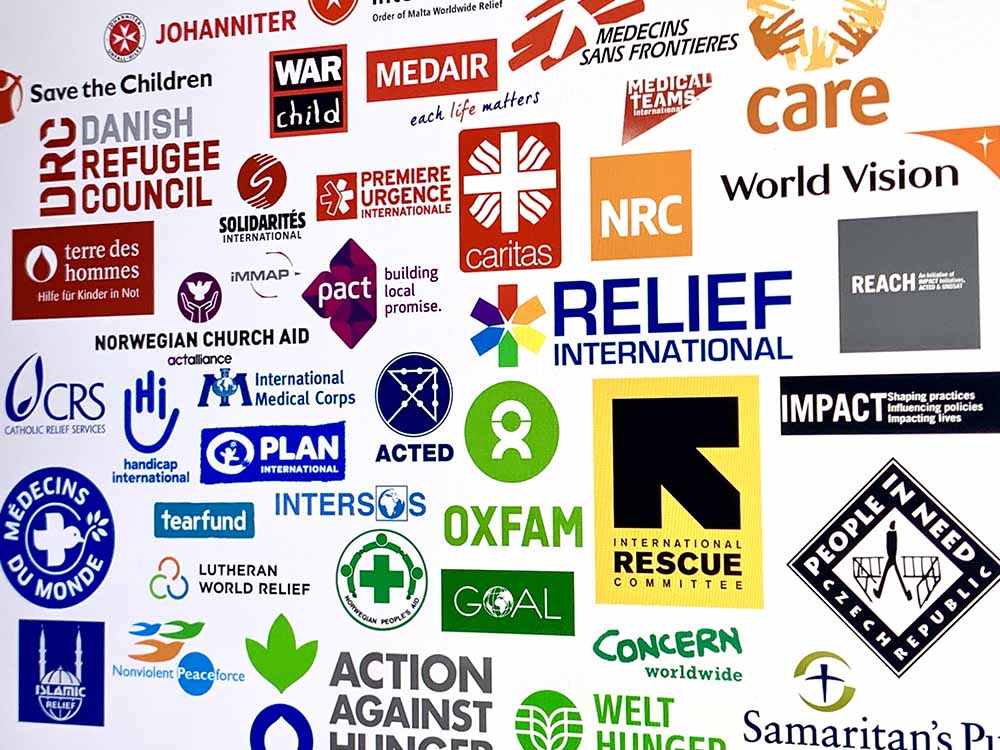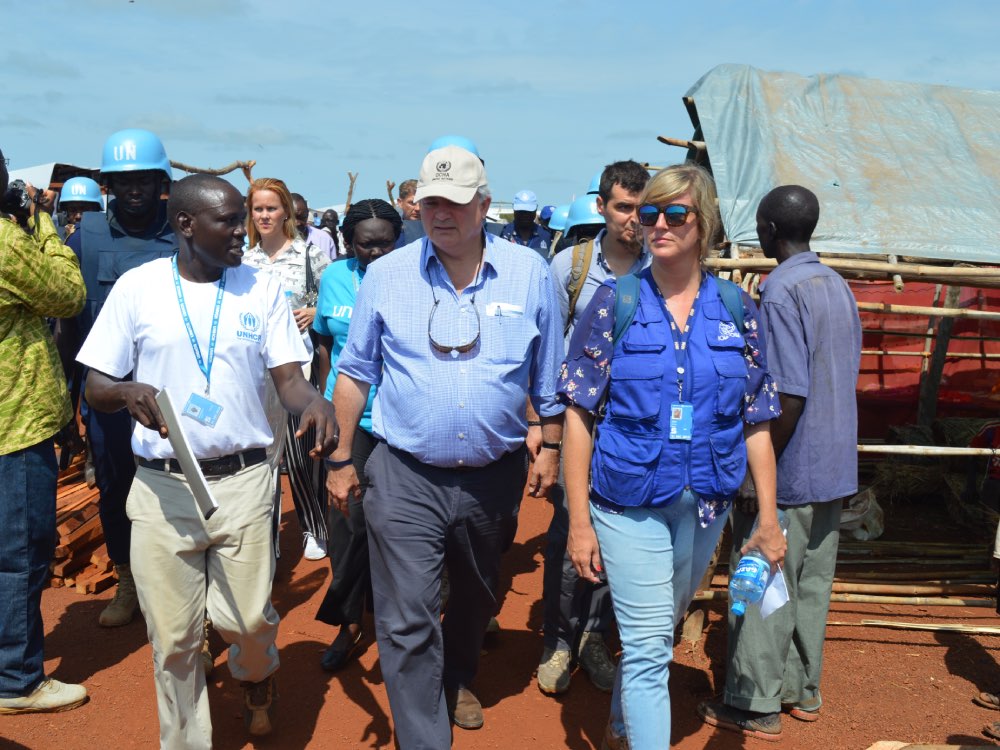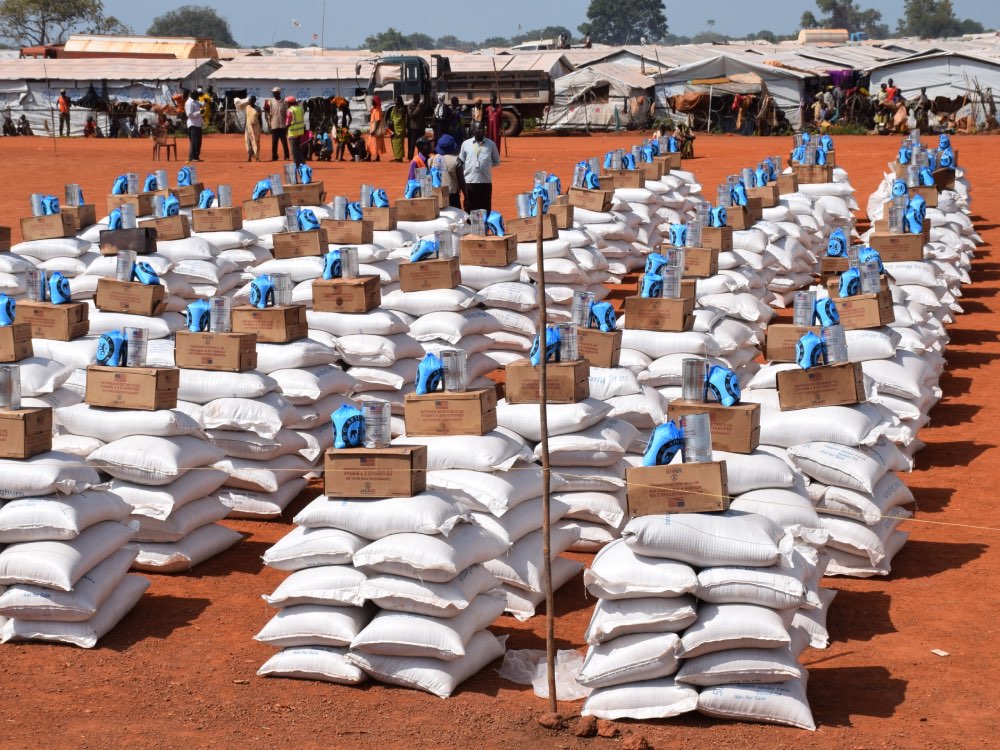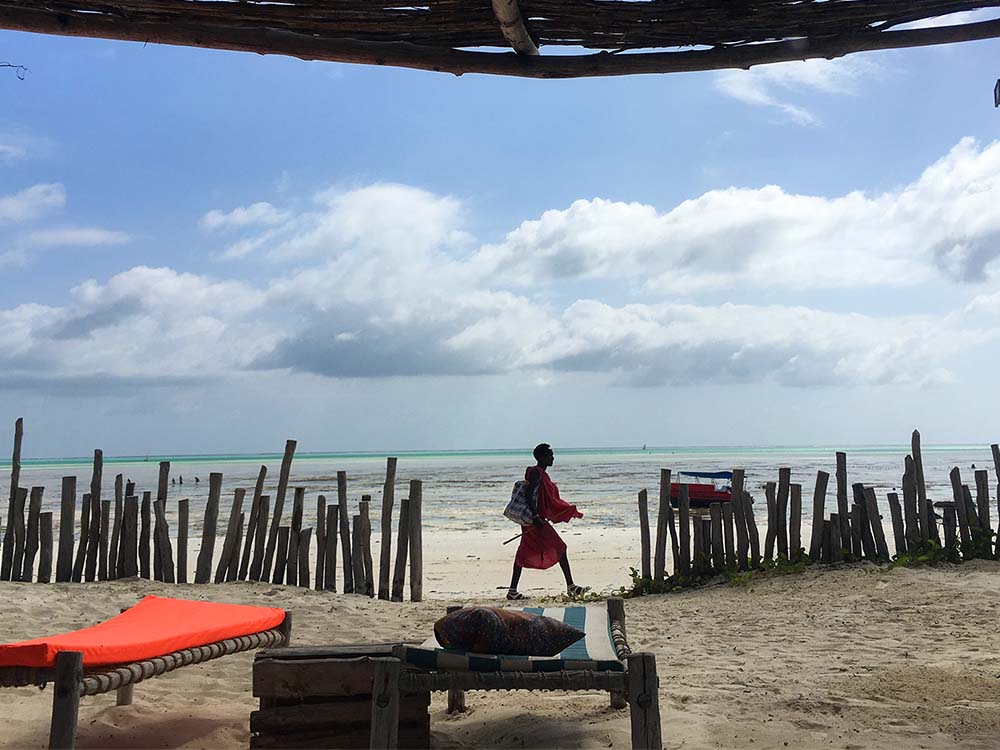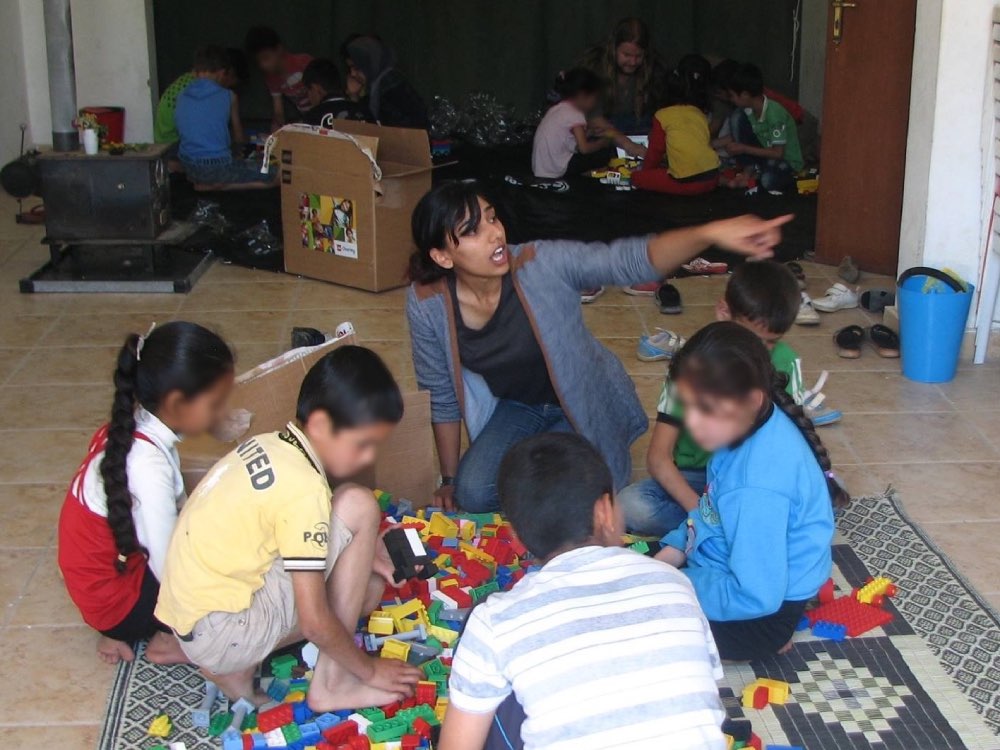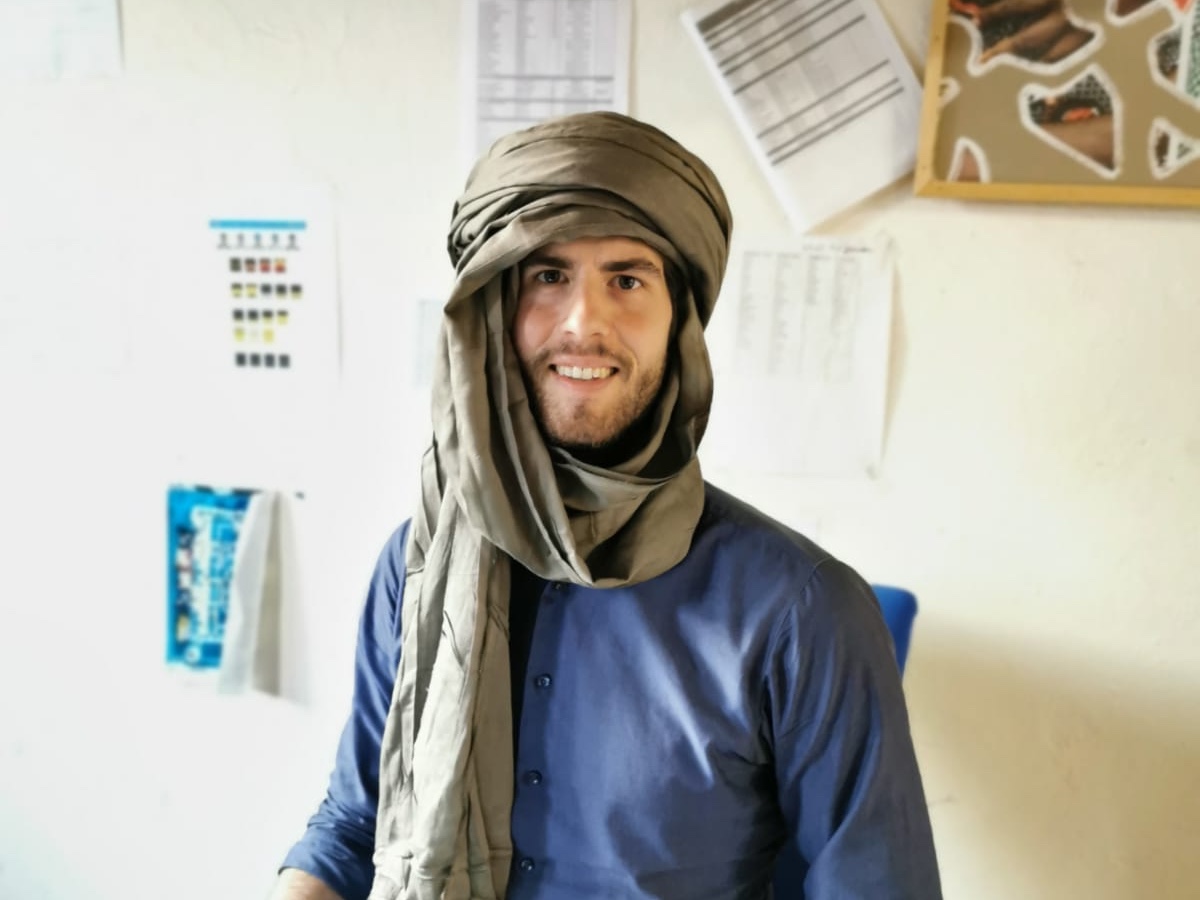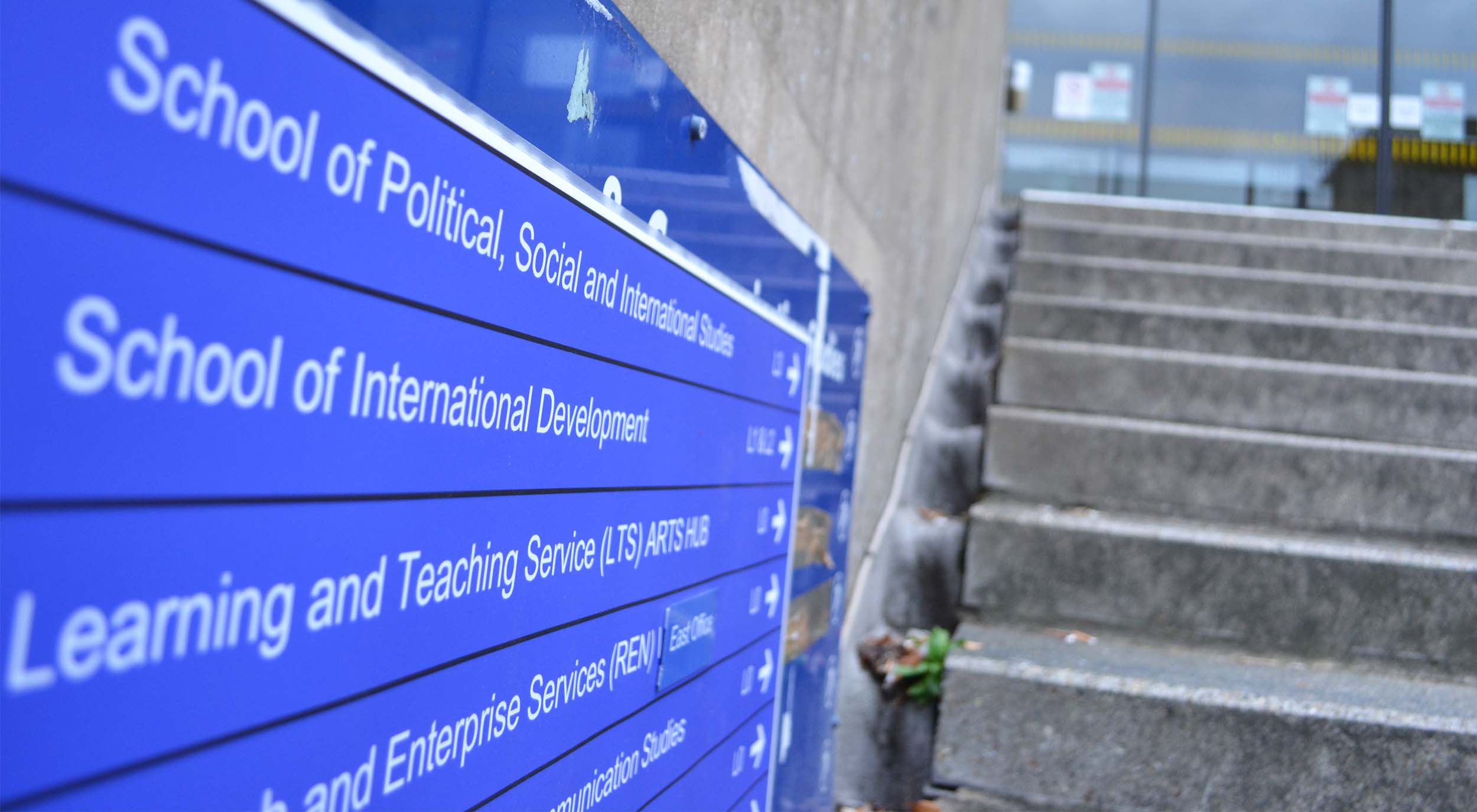
What to study for a career in humanitarian aid
The truth is that a wide range of degrees in the social sciences from any university will meet the requirements for most aid sector jobs.
One of the most frequently asked questions by aspiring aid workers is some version of, “What are the best university degree programmes for a career in humanitarian aid?”
The answer is actually quite simple: It doesn’t really matter where you study or what you study, as long as the degree is in the social sciences (with a few caveats, see below).
This is a rather inconvenient truth for the legion of bloggers who have built a cottage industry of listing the “best” degrees for a humanitarian career. To name and shame just a few:
The problem is that all of these “best” degree programmes listed above (except one — see if you can find it) are located in rich Western countries: the United States, the United Kingdom, Canada, Australia, France, Switzerland, Sweden, Germany, or Ireland.
Apparently, the authors of these lists assume that you have the $200,000 needed to complete the Human Rights and Humanitarian Policy master’s degree at Columbia or, at a minimum, that you have the £25,000 needed for the MSc in Humanitarianism, Aid and Conflict at SOAS.
It seems that the decolonising aid movement never reached academia — or, at least, the people who write these lists.
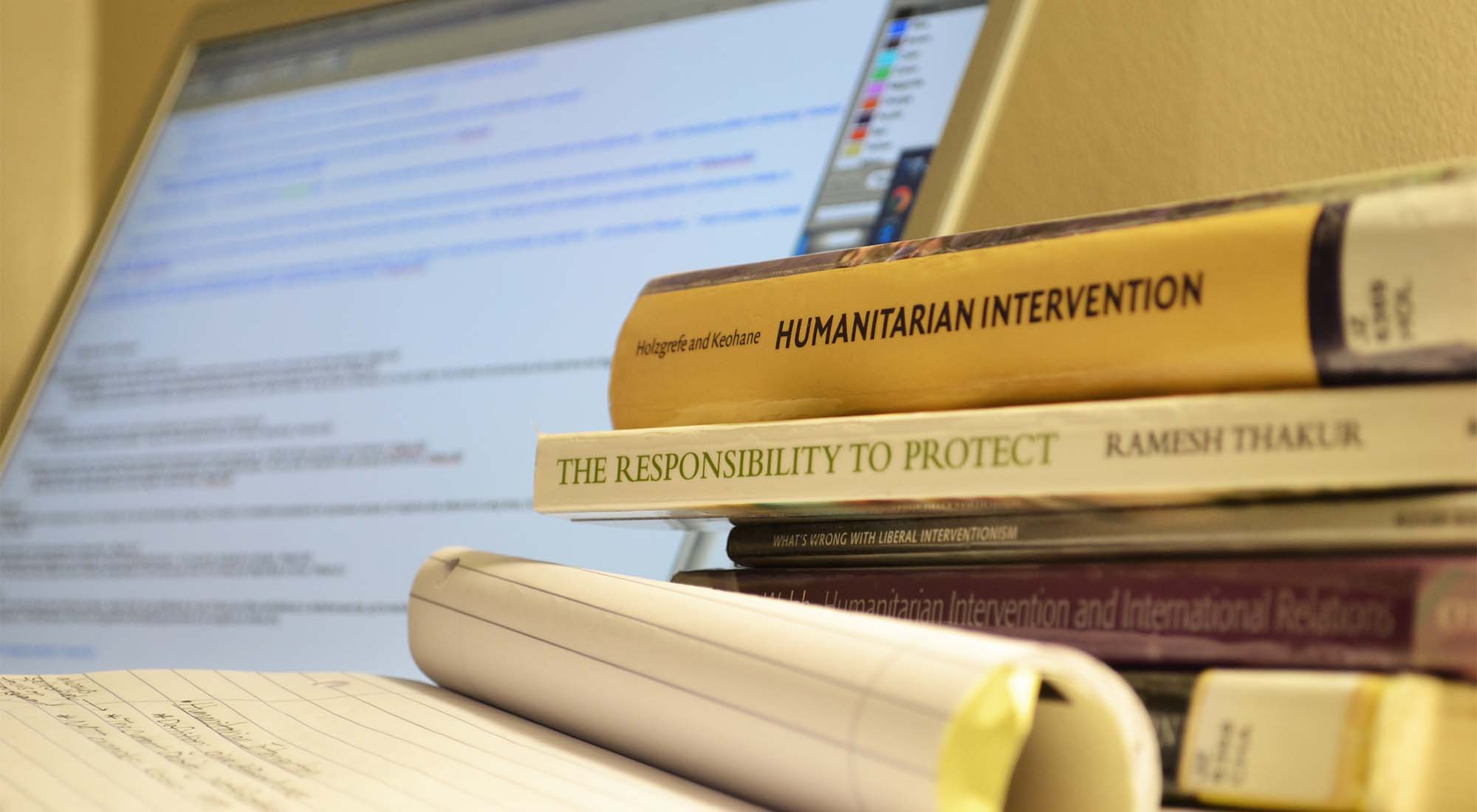
However, the reality is that nearly every single international humanitarian position — from entry-level internships to senior technical roles — requires an undergraduate degree, and most will give preference to candidates with a master’s degree. So, you have to study something. What should it be?
What subject should I study?
Common sense might suggest that you choose a specialised degree in Humanitarian Assistance or International Development. After all, if you want to be a doctor, you study medicine; if you want to be a lawyer, you study law; and if you want to be an engineer, you study engineering.
But in the aid sector, the truth is that nearly any degree in the social sciences will pass muster for humanitarian recruiters.
This means that you could study an extremely diverse array of subjects — including, but not limited to, Anthropology, Economics, Ethnic Studies, Gender Studies, Geography, Global Studies, History, Linguistics, Political Science, Psychology, or Sociology — and you would still be fully (academically) qualified for the majority of humanitarian jobs.
If your area of study is still somehow outside these very generous parameters, fear not. Many job postings will further broaden the criteria to allow degrees in Engineering, Law, Business Administration, Public Health, or Project Management. And, with a final shrug, most will simply add the catch-all phrase “or any degree in a related field”. I guess it’s up to Marco from HR to decide if your degree in Horology, Puppet Arts, or Baking Science and Technology is related to humanitarian aid or not.
After all, imagine yourself in the shoes of the overworked hiring manager deep in the field: It’s difficult enough to attract qualified candidates who are willing to work in a war zone or a remote duty station. The last thing you want is to do is filter out a great candidate because she didn’t study exactly the right subject. When I hired staff in the field, I always made the education requirements as broad as possible for exactly this reason.
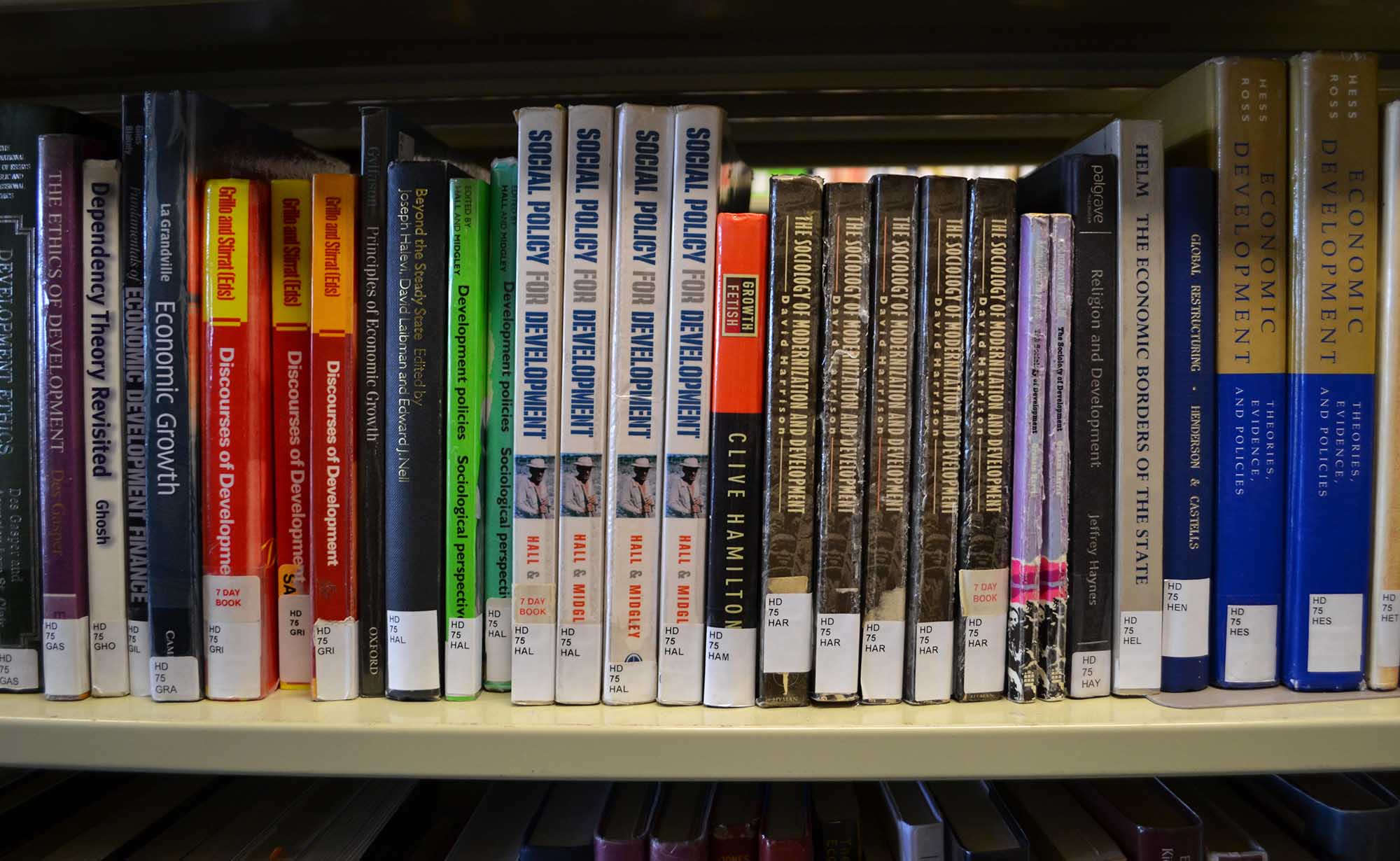
However, to be clear, if you want to study Humanitarian Assistance or International Development then you should. There are real benefits to such specialised programmes.
First, they will give you a deep understanding of the origins, theories, and critiques of the aid sector, which is valuable. Aid work puts a disproportionate amount of power in the hands of aid workers, and a humanitarian career should be entered into with a healthily critical perspective on the industry.
Second, they will open doors to networking and internship opportunities. In a specialised humanitarian degree programme, your professors and classmates form an instant professional community that can be rocket boosters for your career. Furthermore, if you are able to attend a university in a city that is a global humanitarian hub — like Columbia University in the City of New York in, well, New York, or the Geneva Graduate Institute in, well, Geneva — you will be next-door to countless internship opportunities at the HQ offices of UN agencies and humanitarian NGOs.
But, in the end, a specialised humanitarian degree won’t give you technical career-related skills, and it won’t give you a measurable advantage over other candidates when a recruiter is comparing CVs. Yes, even if you studied at Cambridge.
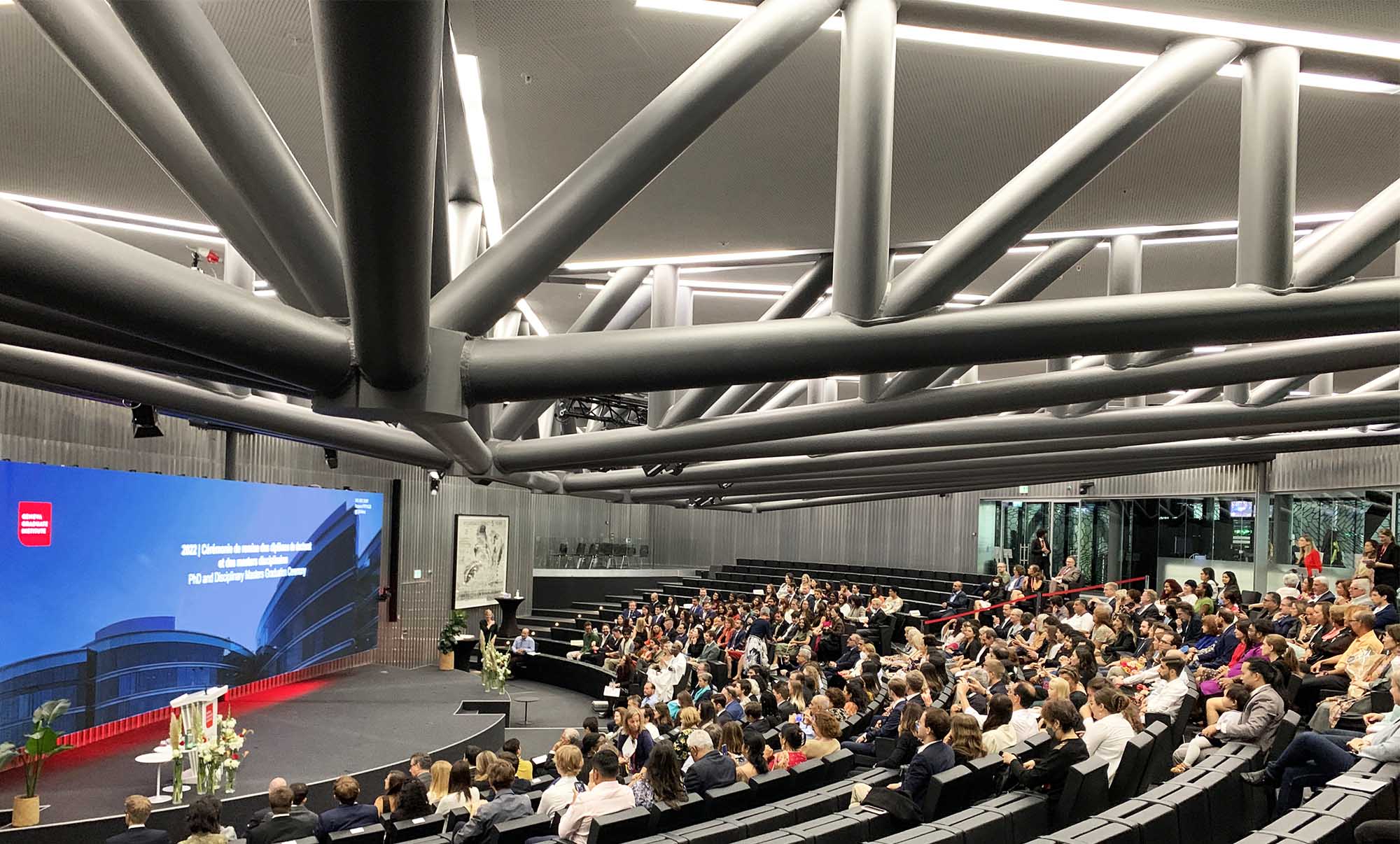
Which university should I study at?
If the title of your degree is not crucial to the success of your humanitarian career, the reality is that the name of your university matters even less.
When aid agencies compare candidates, degrees from any university in the world — whether from a top G7 country, a BRICS country, or a developing country — are all given equal weight. Under the microscope of humanitarian hiring managers, graduates of Sciences Po and Tafila Technical University receive equal treatment. (Skeptical? Skip down to the evidence.)
If you have already poured a fortune into a bachelor’s or master’s from a top-ranked global university, this may be a bitter pill. But for the rest of us, it’s good news because it levels the playing field for candidates from all corners of the globe and from all socio-economic classes.
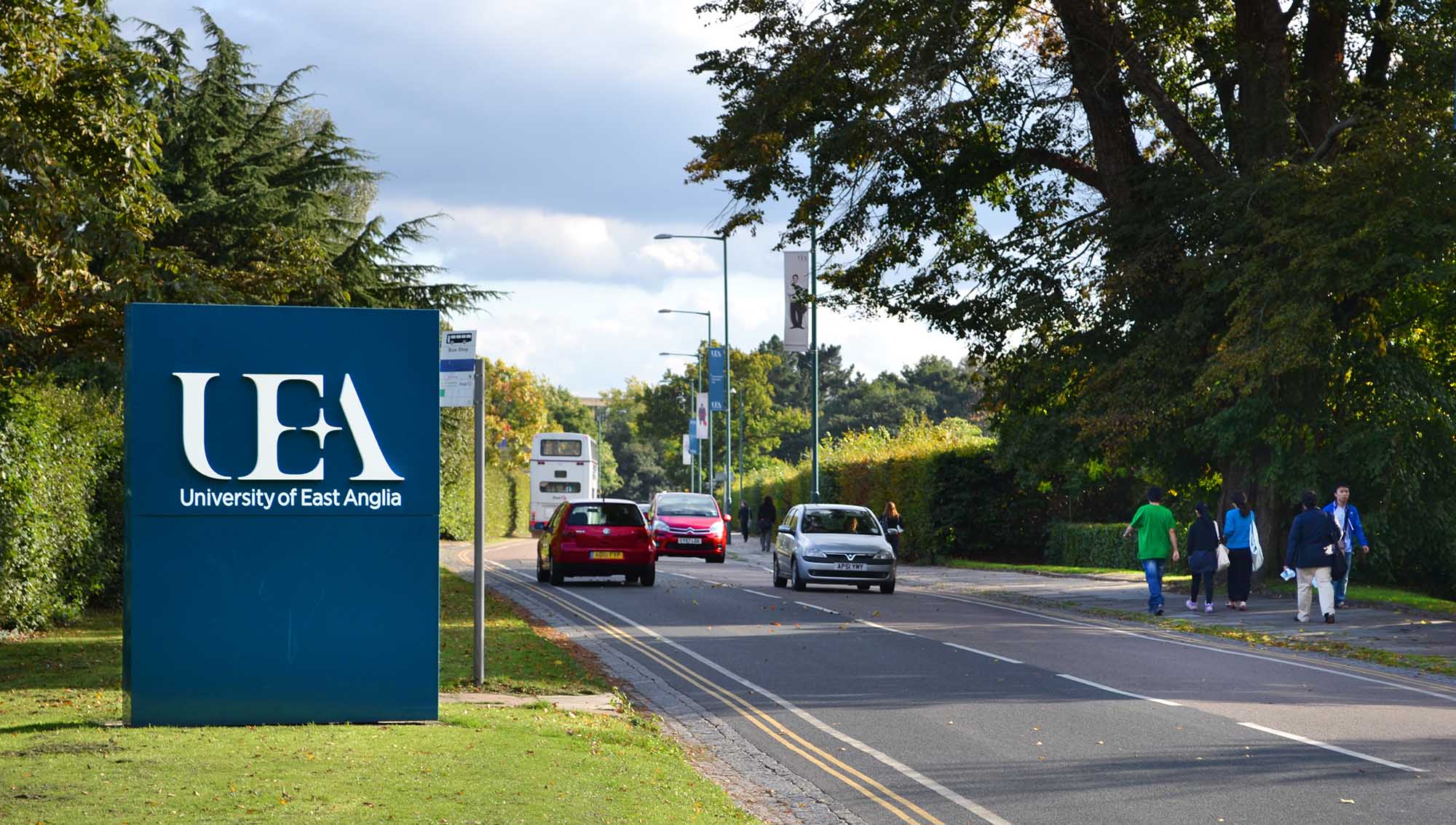
What degree level should I aim for?
Humanitarian job postings say it best: “Bachelor’s degree required, master’s degree preferred.” (I can’t believe I just complimented the prose of a job ad. I need a new hobby.) The fact is, you can usually get in the door of an aid agency with an undergraduate degree, but eventually, in order for your career to blossom and to move up the humanitarian hierarchy, you will want to have a postgraduate degree.
Empirical and anecdotal evidence
At this point in the article — for all six of you who have read this far — you may be feeling skeptical. Is there any evidence for our claims?
A good place to start looking for proof is in the “Education Requirements” section of humanitarian job postings. Scroll through ReliefWeb Jobs for an hour and, in general, you will find: an extremely broad variety of degree subjects are accepted; the name or location of the university is unimportant; bachelor’s degrees are essential and master’s degrees are highly desired (and sometimes required). Let’s take a look at a sample of jobs advertised for the largest humanitarian response globally at the moment, Ukraine:



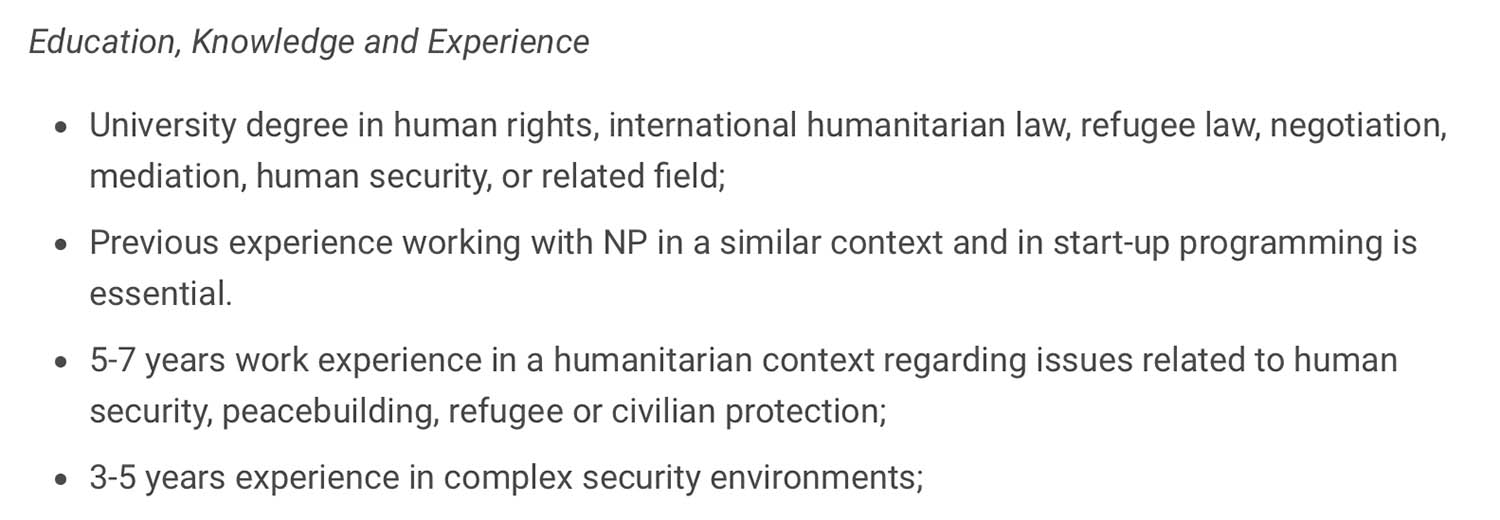
Next, let’s turn to more insider information. Over the course of my career, I have served on over 50 humanitarian hiring panels, recruiting everyone from interns to senior consultants requiring over 20 years of experience. Never — not even once — was the field of study or the university a factor in the decision about a candidate. The only time that a candidate’s education was discussed, which was exceptionally rare, was if they did not have a university degree at all. And this was only a problem because even if we wanted to hire that candidate, our own HR unit would probably block us.

I’ve also been a candidate countless times in my career. Never once has a humanitarian HR officer asked about my university degrees. This is particularly noteworthy because my undergraduate degree is in Film and Video, about the furthest thing from aid work that you can imagine. (Long ago, I had planned for a career in the dark arts.) Even when I was applying to my first internships in the humanitarian world, my university degrees were never commented on.
Not too long ago, I was listening to a career talk by the global Human Resources Director of a major UN humanitarian agency. Someone in the audience asked how recruiters at his organisation are instructed to evaluate the educational profiles of applicants.
“It just needs to meet the minimum requirements of the advertised position,” he said. “It’s a box tick.”
A few caveats
And now, for the exceptions. For certain niche career paths within the aid sector, you will need a specialised degree. On the operations side of aid agencies, some positions will demand degrees in finance, accounting, supply chain management, human resources, law, and so forth. But we know that most of you who are reading this site aren’t hoping to be Senior Finance Managers in the aid sector.
On the programming side, where most aspiring aid workers aim to work, a degree in any of the social sciences will do just fine most of the time, as we’ve said. But there are occasional exceptions, and certain specialised jobs in the field will require a degree in medicine, clinical psychology, social work, architecture, engineering and — increasingly in the last few years — data analytics.
If you have your sights set on a career with the International Committee of the Red Cross, a degree in International Humanitarian Law is nearly essential. But if you’re not already aware, the ICRC is not doing any new hiring these days due to a global budget crisis and hiring freeze.

Our advice
First, study a subject that genuinely interests you. If you are fascinated by humanitarian aid or international development, study that. If you love learning languages, study a useful one for the aid sector (French, Spanish, Arabic, and Russian these days). If history or anthropology or geography or political science excite you, study one of those.
Second, choose a university that makes sense for you, whether that’s an Ivy League institution halfway around the world or a local university not far from home. Your university can give your career a boost in a few ways — with influential alumni networks or high-quality career support services, for example — but no NGO hiring manager deep in the field will ever invite you to come to eastern Ukraine just because you went to Harvard.
Finally, get a master’s degree sooner rather than later, as it is a common requirement for positions in the higher echelons of the aid sector.
August 2023
Related posts
From assistants and officers to managers and coordinators, we crack the code of humanitarian job titles and where they rank in the organigramme.
Don’t bother with the United Nations. Aim for NGOs that you’ve never heard of before.
Hiring managers from across the aid industry give their advice on what makes a great CV and cover letter. However, they don’t always agree.
The sheer number of aid organisations can be overwhelming. So we made a list. This is the definitive roll call of every major international humanitarian NGO.
The veteran Camp Manager explains why the job is among the most challenging in the industry. And why, after nine years, it’s also her favourite.
From medical assistance and food distribution to logistics and finance, your humanitarian career is shaped by your technical specialisation.
Weeklong rest-and-relaxation holidays are a common feature of humanitarian contracts. Is it the best job perk ever or the framework for a lonely lifestyle?
The Syria-based Protection specialist reflects on the power dynamics of aid and the privileged position that humanitarians often have in fragile countries.
Growing up in rural Sweden, the Red Cross delegate never aimed to be an aid worker. Now, at 33, he has built a career working with communities amid crisis and conflict.

